What the Ceta debacle with Canada means for EU politics
- Published
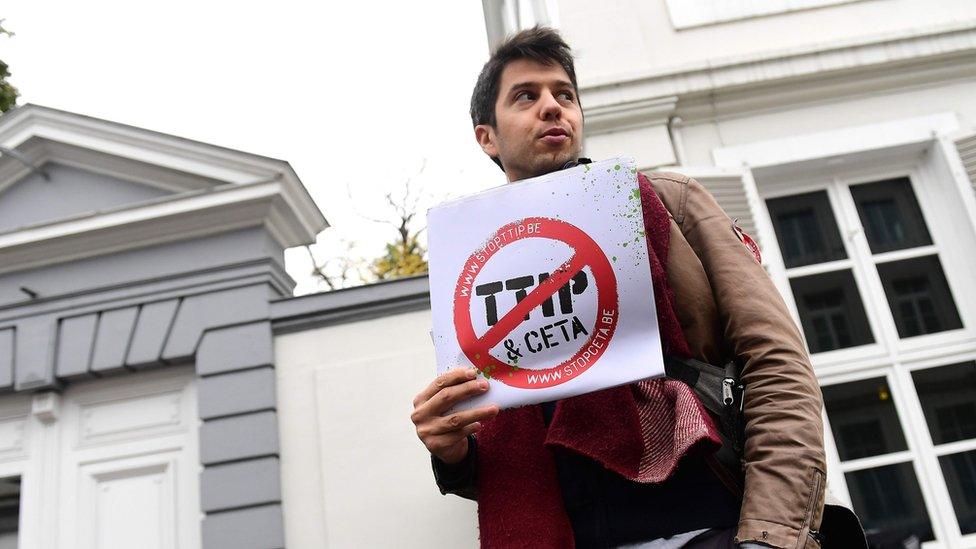
Protesters oppose both Ceta with Canada and TTIP with the US
Sometimes leaders of the European Union must feel that they cannot win.
For years, they have been accused by their sternest critics of subverting democracy - by allowing bureaucratic procedures to ride roughshod over democratic institutions.
That was partly why the European Commission - under pressure from the member states - decided to allow all 38 national and regional parliaments across the EU to have their say on Ceta, the Comprehensive Economic and Trade Agreement with Canada.
But suddenly there is "too much democracy" - the Walloon parliament in southern Belgium, representing less than 1% of the EU's population, is holding up a deal that has been seven years in the making.
And many of those same critics are now scoffing at the dysfunctional way the EU tries to make big decisions.
The Walloonatics, they might say, have taken over the asylum.
A label that sticks
But while regional Belgian politics is complex at the best of times, this is also an example of the EU as a whole having to listen to local concerns.
Mounting opposition to free trade deals in Europe has been a grass roots rebellion - part of the broader mood of anti-globalisation that is seeping across the EU and beyond.
And if that means that the trade deal with Canada has to be delayed, and amended, that might be better in the long term than failing to listen once again.
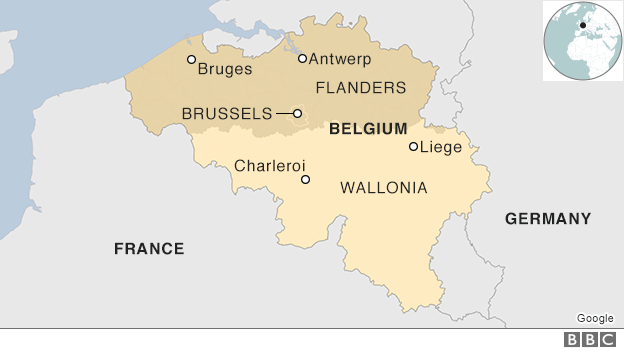
Ratification in every member state has always been a bit of a lottery but so be it - no-one ever said democracy was perfect.
Walloon intransigence may now mean there is greater public discussion of things like environmental safeguards, and the controversial court system for settling disputes between multinational investors and governments.
That sounds like a good thing.
But there will be a price to pay: the dysfunctional label will stick.
Crafted compromise
This agreement was supposed to be relatively uncontroversial - a deal with cuddly Canada, what's not to like? The fact that it has run into trouble does not bode well for other important EU projects.
The much larger set of negotiations with the United States on the proposed Transatlantic Trade and Investment Partnership (TTIP) has already stalled, under attack on both sides of the Atlantic.
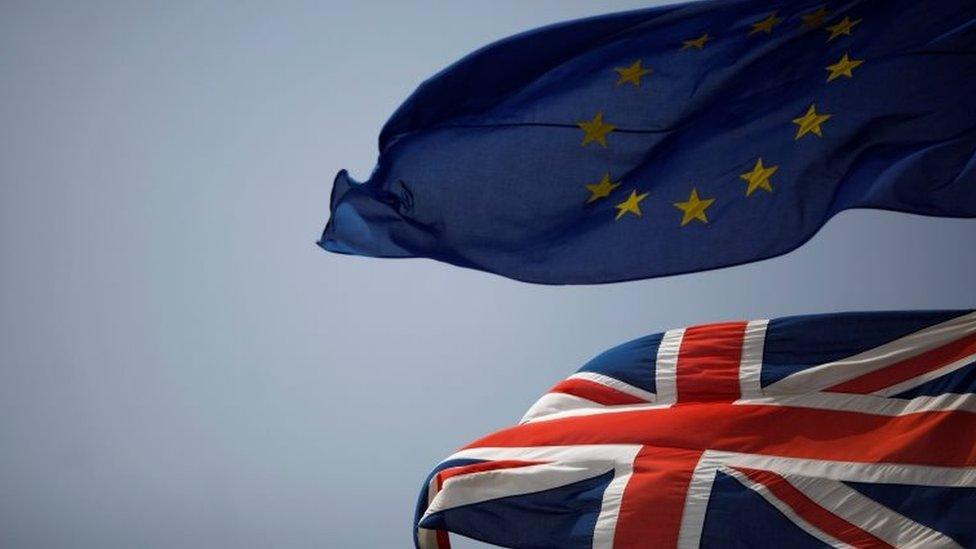
The UK and the EU are now preparing for tough and prolonged Brexit negotiations
And negotiations on a British exit from the European Union, and the nature of future trade links, have yet to begin.
Now the Commission does not have to recommend that all parliaments get a vote on such matters in every circumstance. More closely focused deals can be approved with fewer hurdles.
If Ceta falls, the EU's reputation as a reliable negotiating partner on trade issues will take a huge hit.
But in response to the Brexit referendum in the UK, the remaining 27 EU member states have acknowledged that they need to do more to reflect the practical concerns of their citizens.
And you cannot have it both ways.
The key in other words is patient diplomacy, and crafted compromise.
In the 24/7 social media world these can be underrated skills.
But - for better or worse - they have always been how the EU goes about its business.
- Published21 October 2016
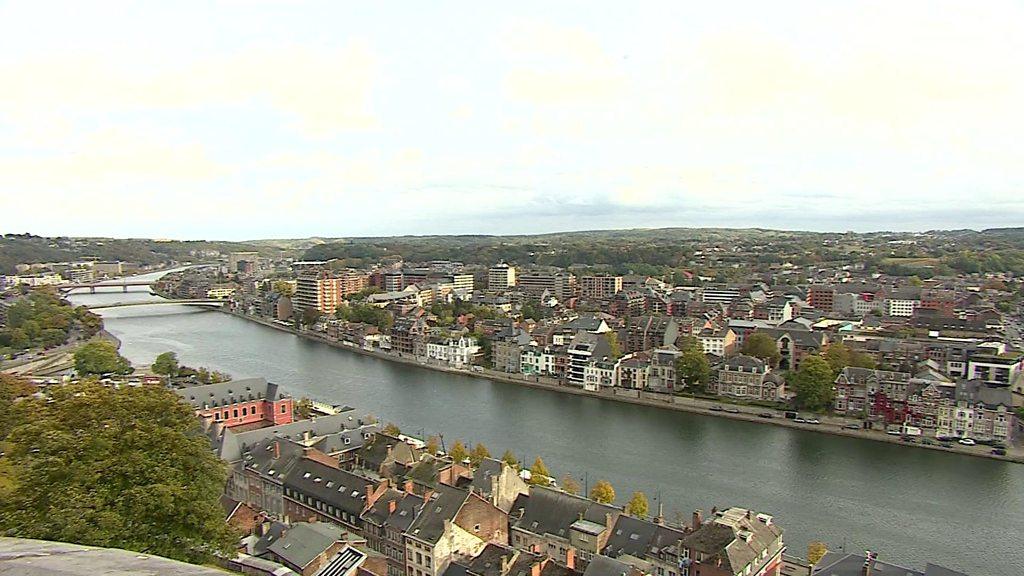
- Published21 August 2023
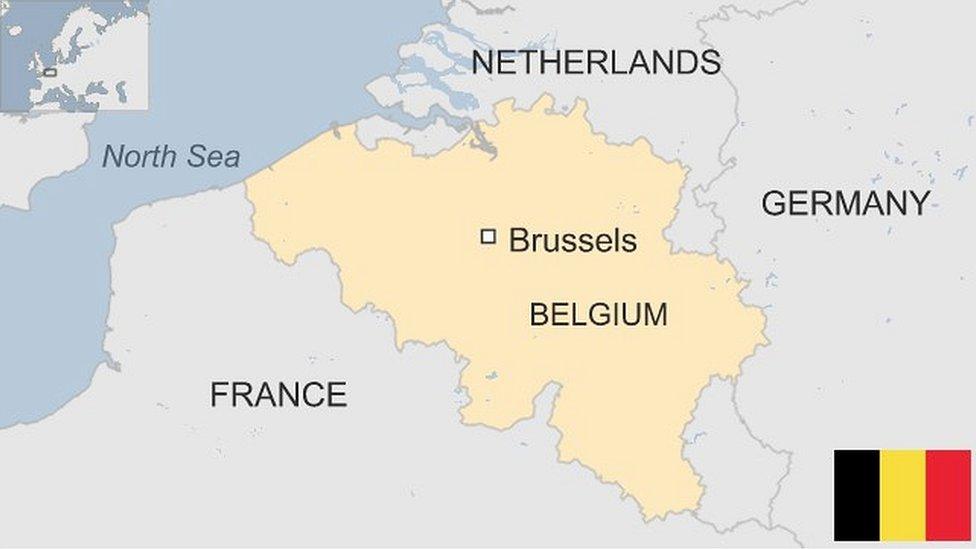
- Published17 June 2016
